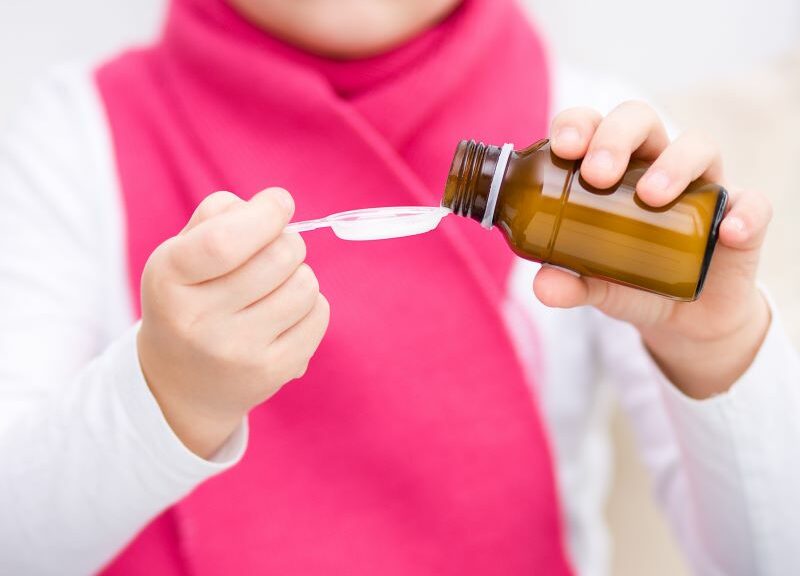- Home
- Product
- Patient
- Order Online
- Prescription Quote
- Collect at your Pharmacy
- Find a Pharmacy
- Find a Integrative Doctor
- Track my Medicine
- What is a Compounding Pharmacy?
- Child Friendly Medication
- Vet & Animal Compounding
- Easy to Swallow Pills
- Motion & Seasickness
- Medication without the Additives
- Unavailable Medications
- Schedule 8 Shipping Waiver
- Pharmacists
- Prescribers
- Shop
- FAQs
- About
- Careers
- Contact Us
- Home
- Product
- Patient
- Order Online
- Prescription Quote
- Collect at your Pharmacy
- Find a Pharmacy
- Find a Integrative Doctor
- Track my Medicine
- What is a Compounding Pharmacy?
- Child Friendly Medication
- Vet & Animal Compounding
- Easy to Swallow Pills
- Motion & Seasickness
- Medication without the Additives
- Unavailable Medications
- Schedule 8 Shipping Waiver
- Pharmacists
- Prescribers
- Shop
- FAQs
- About
- Careers
- Contact Us
Warning issued over giving antihistamines to children this flu season

They’re contained in numerous over-the-counter cough, cold, flu and allergy medications, however a government authority is now urging Australian parents to be very wary of administering ‘first generation’ antihistamines to children under 6 years of age.
The warning, issued by Australia’s Therapeutic Goods Administration (TGA) specifically relates to ‘first-generation’ antihistamines – those that can cause significant drowsiness – and not ‘second generation’ antihistamines which typically have less side effects.
First generation antihistamines work by crossing the blood-brain barrier and exerting effect on the central nervous system to suppress an over-active inflammatory response. They have been known to cause altered vision, changes to appetite and weight gain in some rare cases. Adverse side effects reported in children include difficulty breathing, aggressiveness, spasms and seizures.
The TGA advises parents to look for the following ingredients in their child’s medication, and if found, to consult their doctor immediately:
- Alimemazine (Trimeprazine)
- Brompheniramine
- Chlorphenamine
- Dexchlorpheniramine
- Diphenydramine
- Doxylamine
- Pheniramine
- Promethazine
- Triprolidine.
What are the alternatives to first generation antihistamines?
Second generation antihistamines were first developed in the 1980s and several studies have shown that the side effects they produce in most children are either mild or non-existent. However in some very rare instances children with sensitivities may still experience some side effects from even second generation antihistamines which may render commercial medications and treatments unsuitable.
In some cases, the antihistamines included in a commercial medication or topical cream may not be vital in treating the condition for which it’s prescribed. In this scenario, on presentation of a script from a doctor or other medical practitioner, National Custom Compounding can prepare medication or topical creams free from all antihistamines.
Your doctor or medical practitioner will be able to advise if this alternative is suitable for your child or situation.
Note from National Custom Compounding: We have over 15 years’ experience personalising medications and vitamin/mineral supplements to assist in the management of coughs, colds, flus and allergies. For more information on the safety, quality and efficacy of our productscontact National Custom Compounding on 1300 731 755 or [email protected]. We’re always happy to chat.
